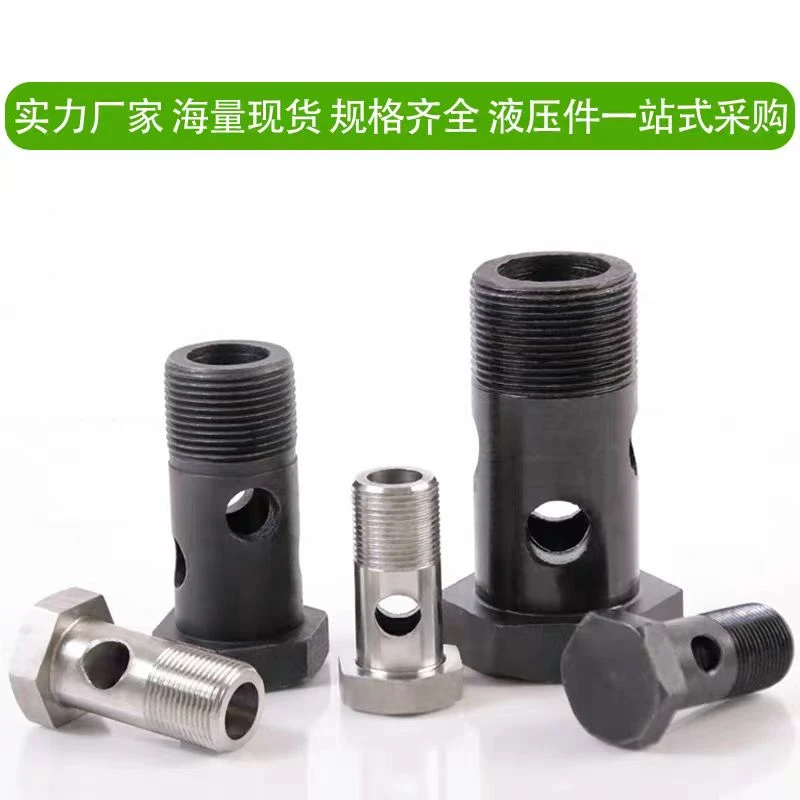

self tapping structural screws
Dec . 11, 2024 12:22 Back to list
self tapping structural screws
Understanding Self-Tapping Structural Screws A Comprehensive Guide
Self-tapping structural screws are essential fasteners in modern construction and manufacturing, designed to simplify assembly processes and enhance structural integrity. These screws are engineered to create their own thread in materials, allowing for a more efficient fastening solution compared to traditional methods which often require pre-drilled holes. In this article, we will explore the characteristics, advantages, applications, and considerations related to self-tapping structural screws.
Characteristics of Self-Tapping Structural Screws
Self-tapping screws feature sharp, pointed tips that facilitate penetration into various materials, including wood, metal, and plastic. Unlike standard screws, which rely on pre-tapped holes, self-tapping screws include specific designs to cut through the substrate and form internal threads as they are driven in. The threads can be either coarse or fine, depending on the application requirements. Some self-tapping screws come with added features such as specialized coatings for corrosion resistance, ensuring they can withstand harsh environments.
Advantages of Self-Tapping Structural Screws
1. Time Efficiency One of the primary benefits of using self-tapping screws is the speed of installation. Since these screws do not require pre-drilling, they save significant time on the job site, allowing for quicker assembly and reduced labor costs.
2. Versatility Self-tapping screws can be used across a wide range of materials and applications, providing a versatile fastening solution. They are commonly utilized in wood framing, metal sheathing, and even in concrete applications when used with appropriate anchors.
3. Enhanced Strength The design of self-tapping screws promotes a tighter grip in the materials they fasten, leading to better load-bearing capabilities. This makes them suitable for structural applications where stability and strength are critical.
4. Reduced Risk of Damage Since self-tapping screws don't require pre-drilling, there is less risk of damaging the material during installation. This is particularly important in delicate materials or when working in confined spaces.
Applications of Self-Tapping Structural Screws
Self-tapping structural screws are widely utilized in various industries, including
- Construction In residential and commercial construction, these screws are employed for framing, roofing, and siding applications. Their ability to securely fasten timber and metal components makes them indispensable.
self tapping structural screws

- Automotive Industry In automotive manufacturing, self-tapping screws are used for assembling various parts, from body panels to internal components, where reliability and strength are vital.
- Home Improvement DIY enthusiasts and professional contractors alike appreciate the ease of use provided by self-tapping screws for home improvement projects, such as installing drywall, securing shelves, and assembling furniture.
- Equipment Assembly Many commercial and industrial products, such as machinery and electronic devices, utilize self-tapping screws in their assembly processes to ensure robust connections.
Considerations When Using Self-Tapping Structural Screws
While self-tapping screws offer numerous advantages, there are some considerations to keep in mind to ensure optimal performance
1. Material Compatibility Always choose the correct screw type for the material being fastened. For instance, not all screws are suitable for use in metal or dense materials without the proper design.
2. Screw Size and Length Selecting the right size and length of the screw is crucial to achieving a secure fit. Undersized screws may not provide adequate strength, while oversized screws can damage the materials.
3. Installation Technique Proper installation techniques, such as using the correct torque settings, are necessary to avoid stripping the screws or damaging the workpieces. Using a power tool with adjustable settings can help in achieving the desired results without over-tightening.
4. Environmental Conditions In outdoor or humid environments, consider using screws with protective coatings (such as galvanized or stainless steel finishes) to prevent corrosion and extend their lifespan.
Conclusion
Self-tapping structural screws represent a significant advancement in fastening technology, providing reliable, efficient, and versatile solutions for various applications. By understanding their unique characteristics, advantages, and considerations, professionals and DIY enthusiasts can make informed choices that enhance the quality and durability of their projects. Whether you are building a deck, repairing a vehicle, or assembling furniture, self-tapping structural screws can simplify the process and ensure strong connections that stand the test of time.
Latest news
-
Premium Fasteners Manufacturer | AI-Driven Solutions
NewsAug.01,2025
-
Hot Dip Galvanized Bolts - Hebei Longze | High Strength, Corrosion Resistance
NewsAug.01,2025
-
High-Strength Hot Dip Galvanized Bolts - LongZe | Corrosion Resistance, Custom Sizes
NewsAug.01,2025
-
Best Self Tapping Screws for Drywall - Fast & Secure Installation
NewsJul.31,2025
-
High-Strength Hot Dip Galvanized Bolts-Hebei Longze|Corrosion Resistance&Customization
NewsJul.31,2025
-
Hot Dip Galvanized Bolts-Hebei Longze Metal Products|Corrosion Resistance&High Strength
NewsJul.31,2025

